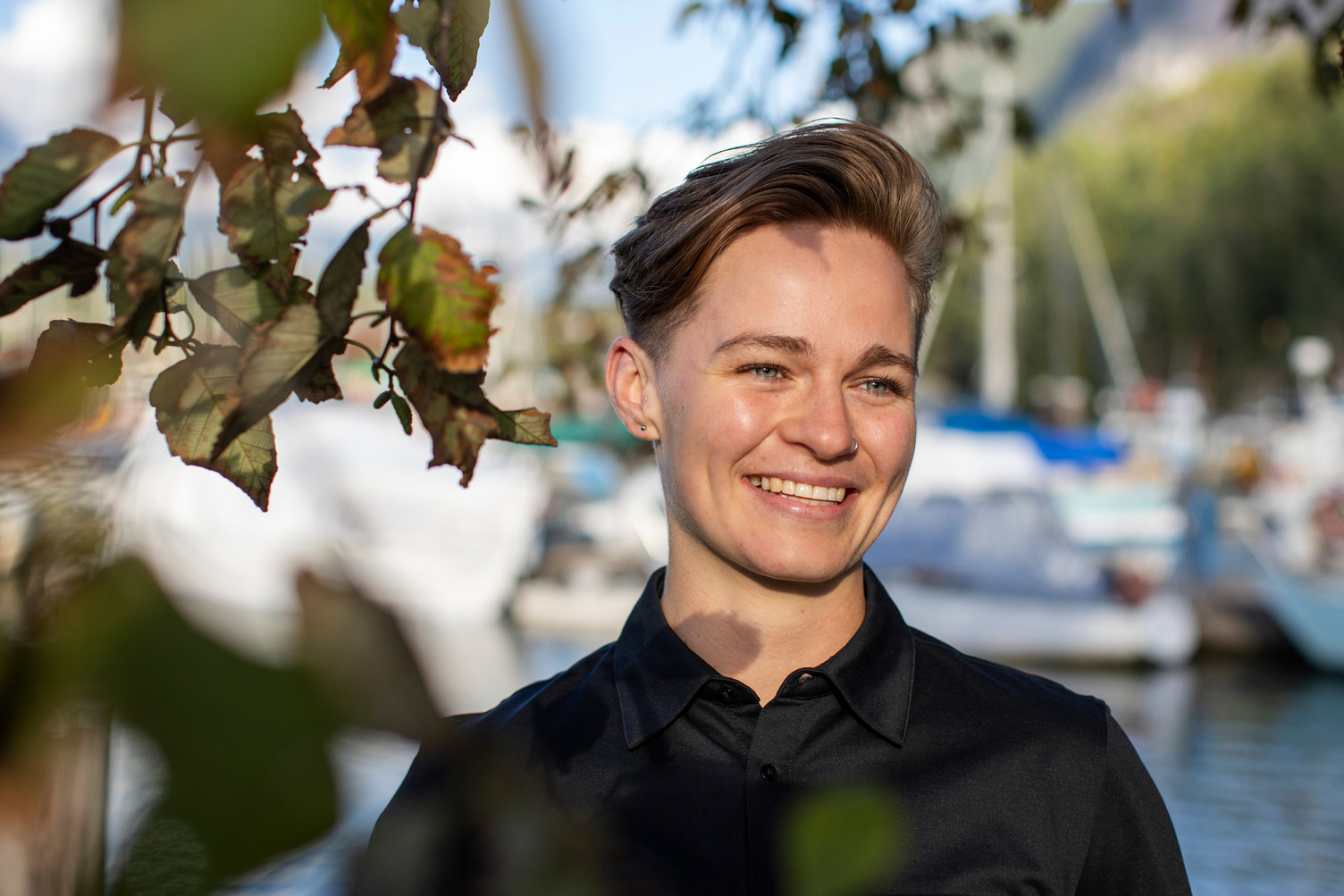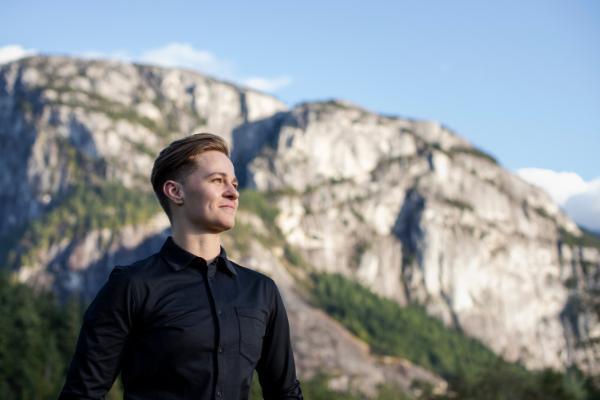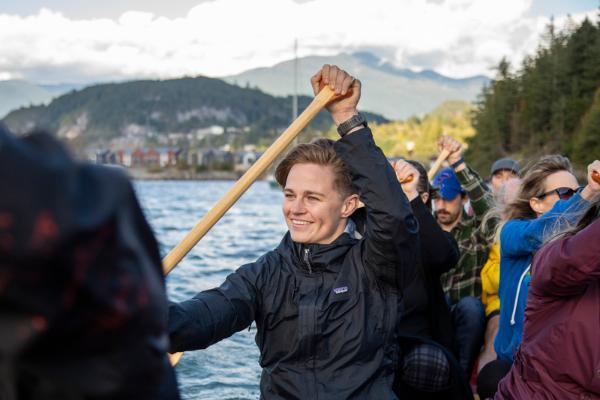Átl'ka7tsem / Howe Sound Biosphere Region partnership offers CapU student opportunity at research with local impact
Research experience with a connection to home

CapU Kinesiology student Alysha Monk wanted to make an impact.
“I felt this need to do a project or course, or set a direction in my career, that would contribute towards helping people or the planet, or both,” says Monk. Today, she is the lead researcher studying sustainable forestry practices in the Squamish area with the Howe Sound Biosphere Region Initiative Society (HSBRIS).
Through CapU’s relationship with the HSBRIS, students and faculty now have the opportunity to be involved in applied, local research with a United Nations connection.
Following a five year application process, on September 15 of this year, the HSBRIS celebrated the Átl'ka7tsem / Howe Sound Biosphere Region becoming Canada’s 19th UNESCO-designated Biosphere Reserve. With this designation comes a commitment to promote conservation of biodiversity and create learning areas for sustainable development under diverse ecological, social and economic contexts.
For Monk who grew up in Gibsons, B.C., Howe Sound has been her “backyard” her entire life. It is home, which creates particular meaning for this project.
Alysha Monk in Squamish, B.C., on September 22, 2021 taking part in the launch of Skw'cháys, Capilano University's legacy canoe, in honour of the Átl'ka7tsem / Howe Sound Biosphere Region becoming a UNESCO Biosphere Reserve.
“Our aim is to facilitate sharing of new ideas and sustainable practices between companies involved with timber harvesting, logging and manufacturing in the Howe Sound area,” says Monk. “It’s about creating a dialogue around sustainability issues and sustainable forestry practices and working to create better awareness and collaboration within the forestry sector.”
Monk’s research furthers efforts to understand the forestry practices currently used in the Átl'ka7tsem / Howe Sound region and how they align with the 17 United Nations Sustainable Development Goals (SDGs), an ambitious plan that sets out goals for all countries to follow by 2030.
“We want to know what companies are doing that is innovative, and hear about issues that hold them back from being as sustainable as they can be.”
As a kinesiology student with a background in personal training, this project stretches Monk’s university experience into unchartered areas while also giving her a window into an area of study outside of her degree pathway.
“It’s a great experience,” says Monk. “I wanted to get involved with something that was going to make a bigger impact, something that would create some change for good.”
CapU News Release: Capilano University celebrates new UNESCO-designated Howe Sound Biosphere Region with launch of Skw'cháys

Submitted by: Communications

